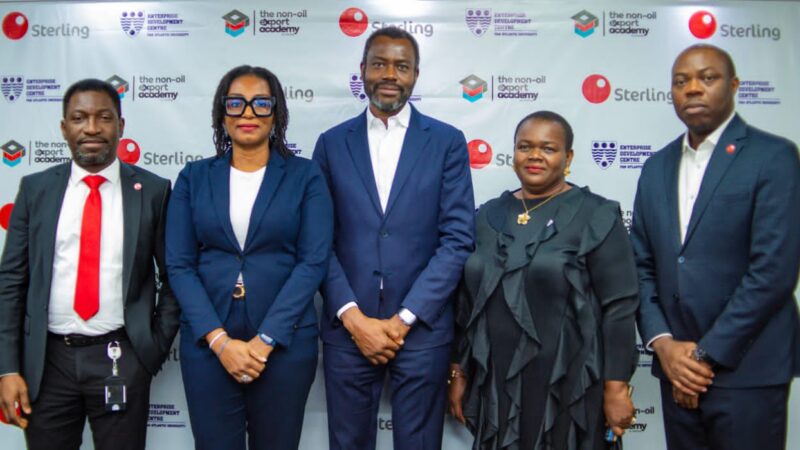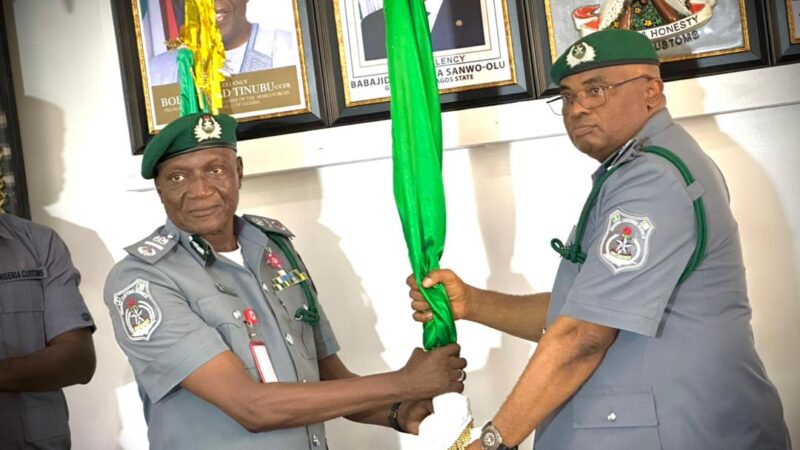Minister apologises for saying Nigerians keep freezers on due to low tariff
 The Minister of Power, Adebayo Adelabu, has apologised to Nigerians for saying that they keep freezers on for days due to low electricity tariff.
The Minister of Power, Adebayo Adelabu, has apologised to Nigerians for saying that they keep freezers on for days due to low electricity tariff.
“Anything we have said that are considered offensive, we are sorry about that,” Adelabu said with slight remorse on Channels Television’s Politics Today on Thursday.
The minister had come under fire by many Nigerians in the last one week for his comment which was considered offensive.
Adelabu had told journalists in Abuja on April 4, 2024 that Nigerians lack the culture of electricity consumption management because of “cheap” power supply.
Haadded that NERC’s, decision to order the upward review of electricity tariffs is not illegal.
Adelabu argued that reviewing electricity tariff was the exclusive responsibility of NERC, noting that the Electricity Act 2023 gives NERC the right to carry out a review twice in a year. The minister, who stated this on Politics Today, a Channels TV programme, explained that once the distribution companies and customers were carried along, it was within the legal system to carry out a re-examination of tariffs.
The minister also said the decision to reduce the subsidy paid for electricity by the Federal Government was arrived at due to the huge amount of money that it would gulp in the 2024 Budget, adding that government could not afford to pay N3 trillion for subsidy in the power sector alone when the total budget for 2024 was N28 trillion.
His words: “Since I resumed office, one of the key issues that we found out is the lack of liquidity in the sector and the lack of appropriate pricing for power, which the government has been subsidising for a while. So, we looked at the subsidy requirements for the year 2024, and we found that it would cost the government over three trillion naira. We said let’s be reasonable because the government cannot afford to pay three trillion naira for subsidies in the power sector alone when the total budget is N28 trillion.
“N3 trillion is less than 10 per cent of the total budget meant for the entire country, and there are other competing sectors that we believe also need resources. We said it was not possible for the government to continue to subsidise at that rate. So we looked at how the subsidy can be reduced.
“15 per cent of the customers, which is about 1.5 million out of about 12 million customers, should be able to afford the new electricity tariff while about 85 per cent, over 10 million will continue to enjoy the subsidy. Why did we do that? From the problem in the power sector, you cannot upgrade the infrastructure 100 per cent for all the customers.
“We looked at those customers that have relatively better infrastructure that can enable the distribution companies to give some reasonable number of supply, and we said these are Band A customers. There are about 1500 feeders that fall under this Band A customer. We looked at them, and said no, let us reduce the number of feeders, so we downgraded them to just 500 feeders, so that those who will be affected will not be more than 15 per cent of customers.”
On legality of the increase, Adelabu said: “We considered that and I can tell you that review of tariff is legal once it is the exclusive responsibility of the NERC. The Act provides for review twice in a year. Every six months, we are expected to do a review of the tariff based on the economic indices.







